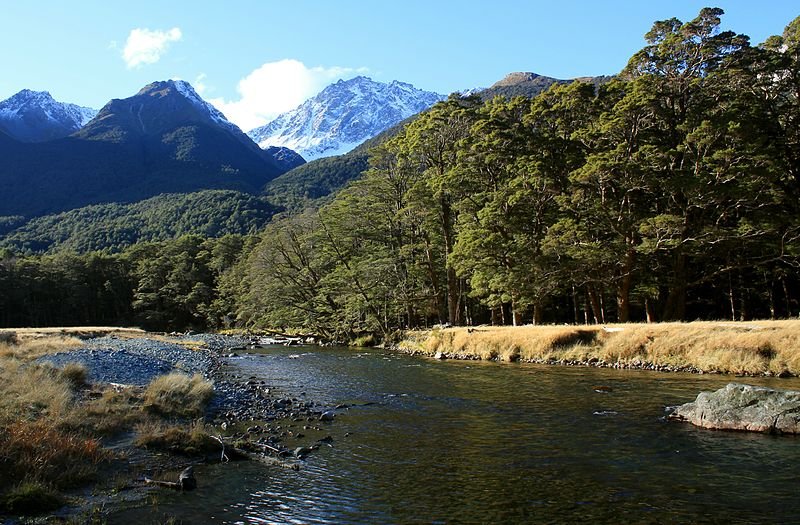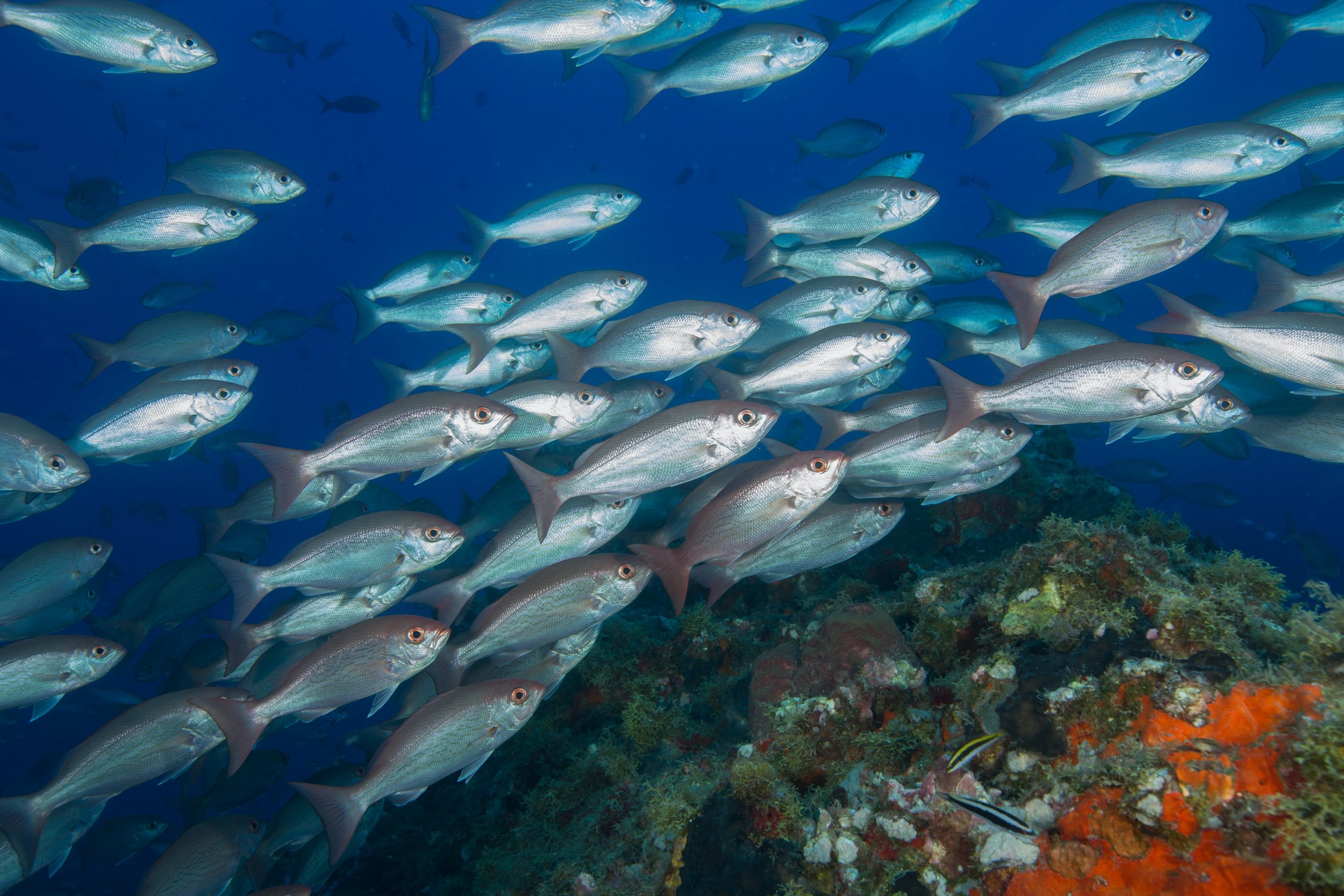
Improving Aotearoa’s environmental reporting system: our submission
Read our submission on MfE’s consultation to improve environmental reporting.

Job opening - Senior Legal/Policy/Environmental Researcher
The Environmental Law Initiative (ELI) is looking to recruit two senior researchers to join our team. We are looking for inquisitive people who have a strong a background in law, policy, or science and want to make a difference for Aotearoa's environment and biodiversity. The senior researchers will use their skills to investigate legal and policy issues to improve the ways our natural taonga are regulated and managed.

Stewardship land review could result in more mining on conservation land
ELI is concerned at proposals to invoke a special procedure to review the status of public Stewardship Land. As presently set up, the Government’s proposed measures for carrying out this review suffer from a number of shortcomings which could see large swathes of precious public land disposed of to mining interests. Read our full submission to DOC here.

Leveraging wetlands in NZ’s climate change response
Our submission to MfE on why we must prioritise the restoration and conservation of wetlands and peatlands into our emissions reductions approach.

Living up to our international fisheries obligations: our submission to FNZ
With an EEZ that occupies a relatively generous share of the world’s oceans, New Zealand lags behind other countries in its adoption of international standards and norms. This consultation provides the perfect opportunity for New Zealand to do a stock take against international developments in fishing over the past 25 years, redress the current inadequacies in the Fisheries Act (we have suggested two), and fully implement the international obligations we have signed up to on the world stage.

Our submission on the EPA’s reassessment of organophosphates (OPs)
These OPs are the main components of widely used insecticides, pesticides and herbicides in NZ. They have been banned in numerous jurisdictions including the EU and US, due to evidence of significant adverse environments on people and the environment. However, there is an almost complete lack of evidence on the effects of these OPs on NZ’s environment, indigenous taxa and habitats. There is also a lack of evidence on the benefits and economic costs of continuing/discontinuing their use. In ELI’s view, this evidence is crucial to undertaking an informed reassessment. Without it, the EPA should follow the HSNO Act and apply a precautionary approach to its regulation of these hazardous substances.

Managing our Wetlands - Our Submission to MfE
Wetlands are one of New Zealand’s most ecologically valuable, and highly threatened, ecosystems. Since European settlement, more than 90% of our wetlands have been lost to urban or agricultural development. Protecting the few wetlands that we have left is of paramount importance for Aotearoa’s climate resilience, biodiversity, human health and community wellbeing. Read our submission to MfE on their recent proposals to shift wetland regulations, making it easier for industries to destroy wetlands.

Our submission on the HSNO (Hazardous Substances Assessments) Amendment Bill
New Zealand lags behind other OECD nations in its regulation of hazardous substances. Many chemicals banned overseas continue to be used daily in NZ. ELI therefore supports the aim and purpose of the HSNO Amendment Bill. Any improvements to the hazardous substances regulatory regime are to be welcomed.

Our submission on the Freshwater Farm Plan Regulations
ELI has lodged a submission on the Freshwater farm plan regulations proposals. Our key concern is that the Government’s proposed Freshwater Farm Planning system is putting the cart before the horse, and in doing so risks the integrity of both our immediate and longer term limits set to protect and restore our freshwater.

Glyphosate use in NZ
Read our submission on the EPA's call for information on Glyphosate use in NZ - the active ingredient in approximately 90 herbicidal products.

If we are serious about ‘environmental limits’ then they need to be limiting
Why the NBEB must be redrafted to ensure a pivotal role for independent science.

Read our submission on the Natural and Built Environments Bill
The government has released the first exposure draft of the Natural and Built Environments Bill (NBEB). The draft provides an early look into key aspects of the proposed Act, which is one of three new pieces of legislation set to replace the controversial Resource Management Act of 1991. ELI investigates whether the Bill will deliver where the RMA could not.
